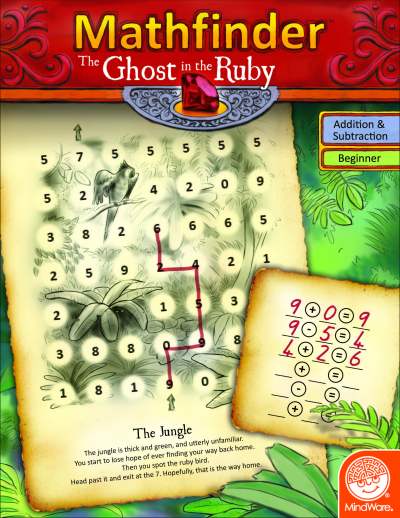Definitions
Over the past few months, we’ve had a truly wonderful development here at the house: the kids are playing nicely with each other. Sometimes, in fact, they would prefer that we leave them alone so they can do their own thing.
The only downside to this is trying to sort out the problems when they occur.
The other day, for example, I was doing the dishes in the kitchen while they played with the trains in the playroom. After half an hour or sow, there was an explosion of tears and shouting. “Give me the coal tender!”, “No!”, “Give it!”, “No!”, “I need it!”, ”DADDDDYYYYY!!!!”
I ran in to find the four year old trying to take the coal tender away from his teary-eyed little brother. This wasn’t conclusive evidence of a crime (the little guy could have stolen it in the first place), but it was a good starting point.
I tried for a calm but slightly commanding tone: “Stop trying to take his train.”
The four year old was upset. “I wasn’t trying to take his train. I wasn’t! I wasn’t!”
Of course, he was still grabbing for it while he said this. I repeated myself, with a little more emphasis on the “stop.”
He gave up the grab and wailed “I wasn’t!”
“Okay,” I said. “Why was he crying?”
He looked up at me. “Because I yelled at him.”
“Any why did you yell at him?”
“I was yelling at him to give me the coal tender!”
“But you weren’t trying to take it from him?” I asked curiously.
“No!” He said. “I was yelling at him to give it to me!”
Apparently, there’s a big difference between “trying to take the train” and “yelling at him to give me the train.”
I was almost tempted to tell him to go ahead and try to take it, just so I could see what that would involve. Almost, but not quite.


